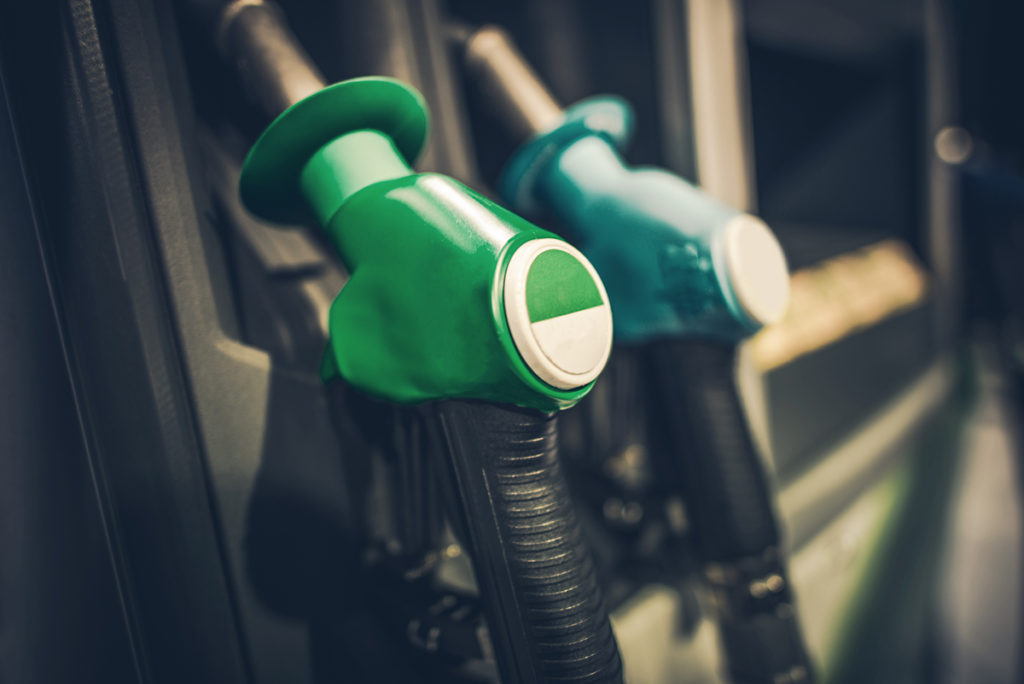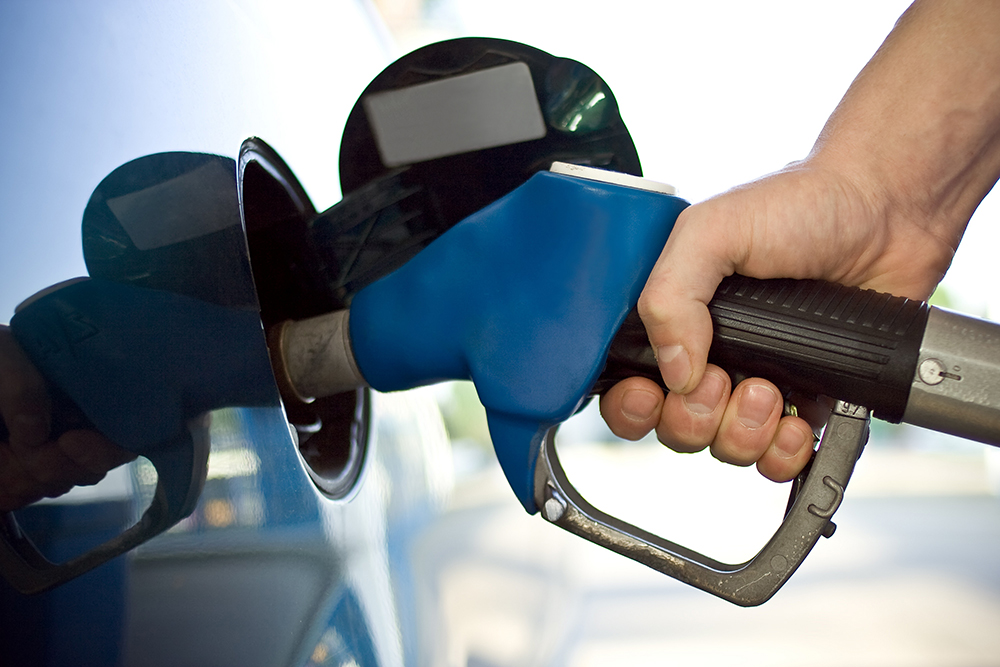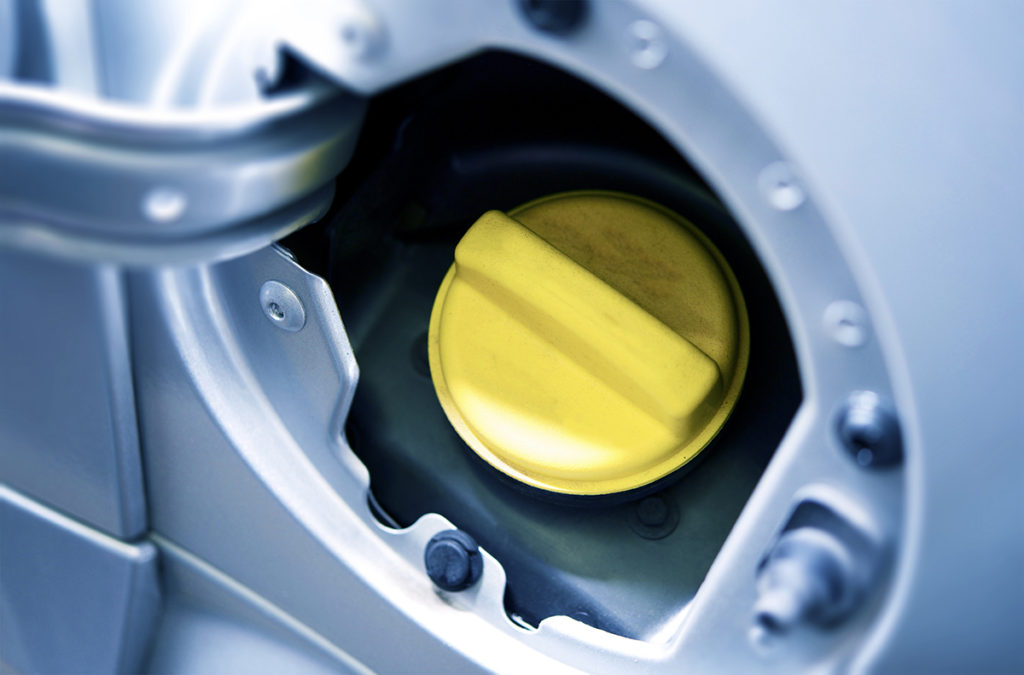The question of choosing premium or regular unleaded gas is something car owners face often. Some say the former offers fuel savings and engine performance, and is worth the high price, while others feel unleaded gas is equally effective. It is important to find out which fuel maximizes the efficiency and useful life of the vehicle, so we will examine both types in great detail.

What is regular unleaded and premium gas?
A byproduct of crude oil regular unleaded gas (RUIG) is extremely flammable, and more environmentally-friendly and less hazardous to the health than gasoline with lead. Premium gasoline is also extracted from crude oil and is combustible. It helps to keep engines cleaner due to its detergent additives and doesn’t contribute much to pollution. Safety stats on both are quite impressive.
Octane Rating
RUG’s octane rating, which refers to its ability to withstand improper fuel combustion in the engine, is 87. The octane rating of a premium gas varies, but it is typically 90 or higher. These ratings determine how well the fuel mixture can resist pre-ignition or knocking. Premium gas has a slightly higher threshold of withstanding when compared to RUG. The need for different types of gasoline is because certain cars are built to operate on specific parameters. For instance, a vehicle might need a fuel of higher octane rating to work properly.

As mentioned, premium gasoline costs more than RUG, because of its higher octane rating. Actual prices might differ depending on the location, but the general range is between 20 to 40 more cents per gallon. This amount could quickly add up to hundreds of dollars per year, especially if the person drives frequently.
Energy Content
Load car with regular gasoline and drive it until the tank is empty. Afterward, note the trip mileage and gallon consumption. Repeat by filling the tank with premium gasoline. Consider using the gasoline that provides more energy and fuel efficiency. However, if the discrepancies are very minimal, then one can safely use the less expensive alternative.
Both types of gasoline are combustible, but RUG burns quicker than premium gas. For engines with low compression ratios that don’t require much power, it is best to opt for RUG. Since the premium equivalent doesn’t ignite easily, it is better suited for engines that have high compression ratios, especially those that make use of turbocharging.
It is best to consult the manual for the manufacturer’s recommendation or conduct a test to compare the performance of both types of fuel. You can also invest in gas-saving products and accessories to improve a car’s fuel efficiency.
